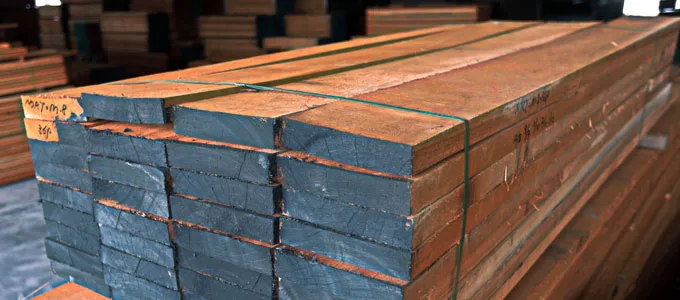
Indonesian Wood, World Quality: The Key to Successful Timber Exports
Indonesia has long been recognized as a leading exporter of high-quality timber. With vast and diverse forest resources, the country offers a wide range of premium wood products such as Keruing, Merbau, Red Meranti, and Damar Sui. These products are in high demand globally, especially in the construction, furniture, and interior design sectors.
This export success is driven by sustainable forestry practices, compliance with international standards, and the growing global preference for eco-friendly materials.
Reference for Indonesian wood information itrade.co.id
Strength in Quality and Diversity
Indonesian timber stands out for its durability, natural beauty, and versatility. For example:
- Keruing is highly durable and weather-resistant, ideal for outdoor furniture and decking.
- Red Meranti and Merbau are prized for their rich color and fine grain, perfect for flooring and premium furniture.
The Indonesian government, in collaboration with timber producers, ensures strict quality control to meet international market standards. Certifications such as SVLK (Timber Legality Verification System) guarantee that Indonesian wood is both legal and sustainable.
wood of the best quality = timber indo
Sustainability as a Core Commitment
A major contributor to Indonesia’s timber export success is its strong commitment to sustainable forestry. Through reforestation programs and responsible logging practices, the industry ensures a steady supply of quality wood while protecting the environment. International certifications such as FSC (Forest Stewardship Council) further enhance Indonesia’s credibility in global markets.
Expanding Reach in Global Markets
Indonesian timber exports continue to grow across key regions such as Europe, the United States, the Middle East, and Asia. As demand rises for legally sourced and sustainable wood, Indonesia is well-positioned to meet these needs. Digital marketing efforts, participation in international trade fairs, and partnerships with global distributors are strengthening Indonesia’s position in the global wood trade.
Conclusion
With its exceptional quality, commitment to sustainability, and expanding market presence, Indonesian timber is setting new standards in the global wood industry. By continuously improving production methods, adhering to international regulations, and promoting eco-friendly practices, Indonesia remains a top choice for premium timber exports. As global demand grows, Indonesian wood will continue to be synonymous with world-class quality and responsible forestry.
Indonesia’s Timber Advantages
1. High-Quality Wood Species
- Keruing: Strong and weather-resistant.
- Damar Sui: Versatile and widely used in furniture and construction.
- Red Meranti: Smooth texture and easy to work with.
- Merbau: Termite- and decay-resistant, ideal for heavy-duty structures.
- Simantok: Durable and known for attractive grain patterns.
2. Legal Compliance and Environmental Standards
The SVLK program ensures all exported wood meets national legality and sustainability requirements. FSC certification also adds to international trust and demand.ect natural forests and promote responsible logging practices. One of the most notable programs is the SVLK (Sistem Verifikasi Legalitas Kayu), a mandatory timber legality verification system that ensures all exported wood meets legal and environmental standards. Compliance with certifications like FSC (Forest Stewardship Council) also boosts credibility and demand in international markets.
3. Strategic Trade Advantage
Indonesia benefits from a strategic geographic location and a well-developed export infrastructure, facilitating access to global markets. The timber industry also plays a key role in local job creation and economic development.
4. Value-Added Products
Beyond raw timber, Indonesia exports doors, window frames, furniture, and other wood products. These value-added goods are crafted with innovation and quality, increasing competitiveness in international markets.
Conclusion
Indonesian wood continues to lead in the global timber trade, thanks to its outstanding quality, sustainable forestry practices, and diverse offerings. By improving production processes, ensuring legal compliance, and expanding into value-added products, Indonesia remains a top choice for responsible and premium wood sourcing. As global demand shifts toward sustainability, Indonesian timber stands out as a symbol of world-class quality and environmental stewardship.
